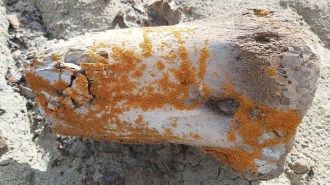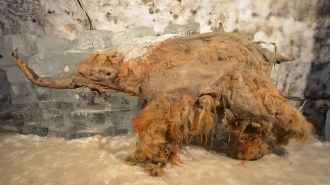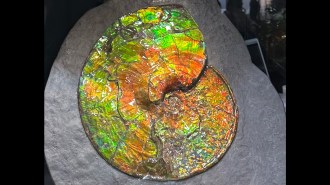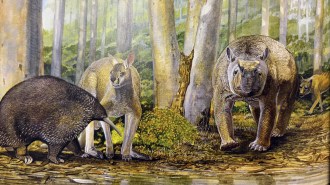Age and origin of Earth’s early fossils questioned
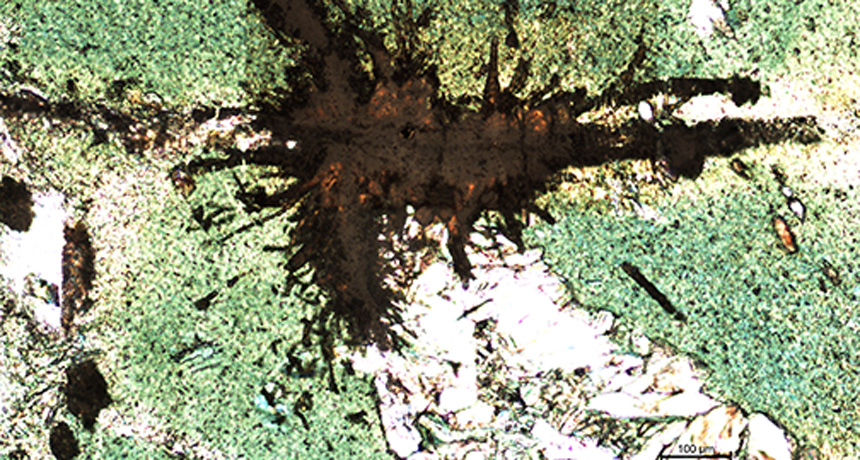
Microstructures in ancient titanite found in South Africa were thought to be among the oldest traces of life on Earth. The minerals are younger than previously thought and the microstructures don't quite match what early microorganisms might have left behind, a new study suggests.
Courtesy of E. Grosch/Univ. of Bergen


